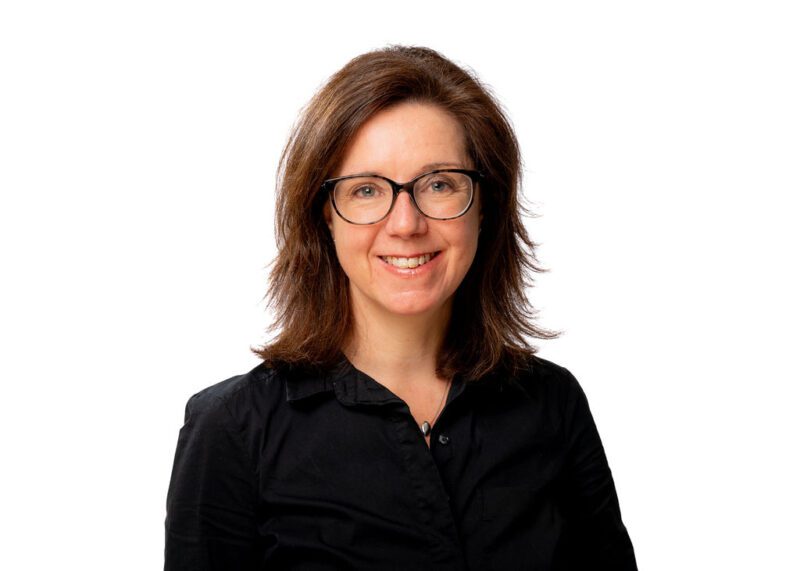-
Professor Lindsey MacmillanUCL Institute of Education
-
Dr Catherine DilnotOxford Brookes University and UCL Institute of Education
-
Dr Gill WynessUCL Institute of Education
Project overview
This project will build on work with employers to analyse recruitment processes and inequalities in access to elite occupations across a range of sectors.
Social mobility is the transmission of socio-economic status from one generation to the next. Changing professions or gaining entry to elite occupations is one way in which someone can change their social status. However, research shows that entry into elite occupations is highly dependent upon family background, even when comparing people with similar qualifications. While women and ethnic minorities are attending university in higher numbers than ever, this has not translated into equal access to elite professions. This implies that focusing on education alone will not be enough to improve social mobility. Understanding how family background, gender, ethnicity and education influence early labour market outcomes will be crucial to increasing equity in entry and progression in elite professions.
The project team will be collaborating with businesses across a range of sectors to collect and analyse individual-level data of entry-level candidates. This data encompasses graduate and non-graduate programmes such as apprenticeships and school leaver schemes.
The project team will be answering three questions:
- How do applications and route of entry into elite occupations vary by key characteristics such as socio-economic status, gender and ethnicity and at which stage of the process do the biggest differences appear?
- Why does access to elite occupations vary by key characteristics? What role do choices at school and university, networks and work experience play in this process?
- Do individuals from different groups select into occupations with lower pay or entry requirements than they could otherwise achieve based on their qualifications?
This novel approach of using internal company data will improve our understanding of where and why inequalities exist in access to elite occupations. Findings should also help educators understand drivers of inequalities and highlight successful policy changes, thereby increasing representation in all levels of elite occupations.
The researchers will be producing reports, research articles, presenting and discussing findings with key stakeholders throughout the three-year project. This will include direct engagement with participating firms, government departments and other employers to disseminate findings and produce policy recommendations on recruitment processes, education and employment.





































